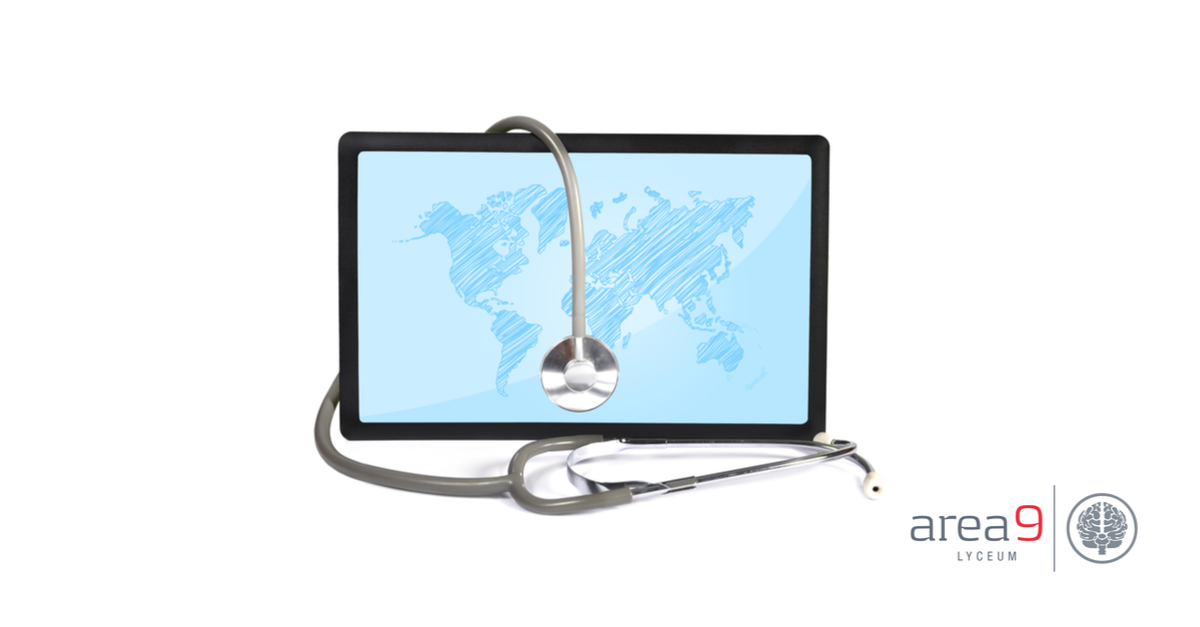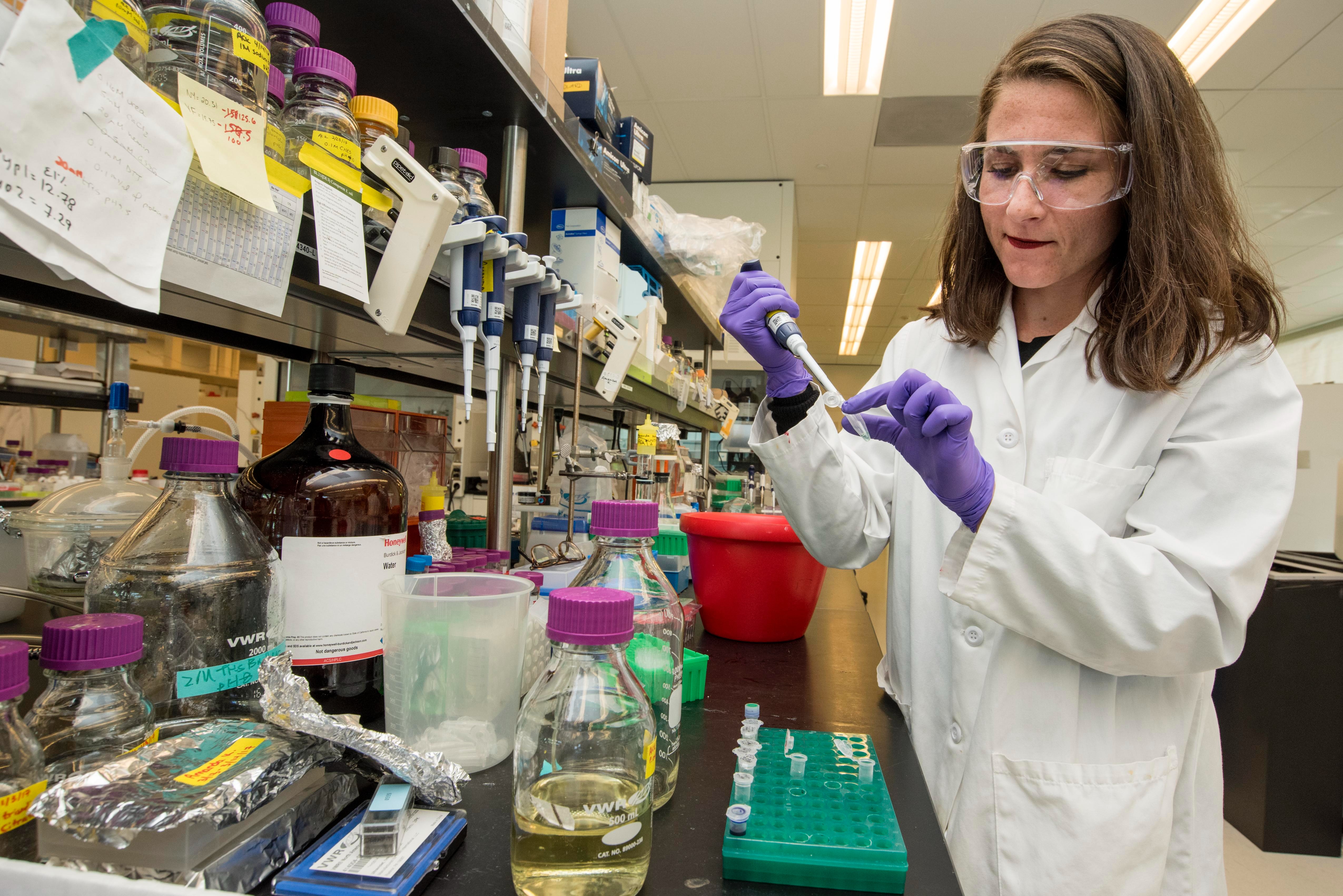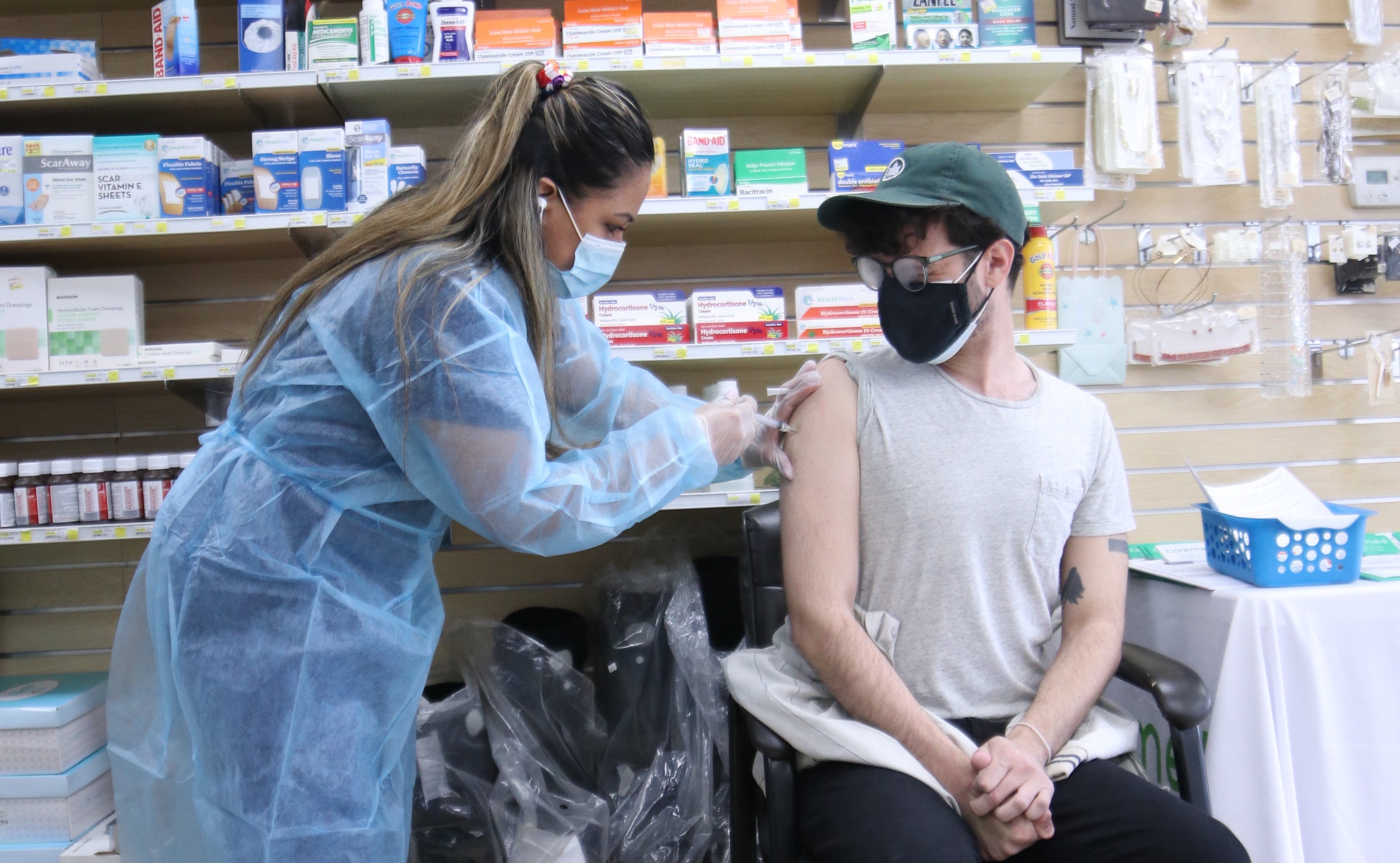Area9 Rhapsode™ Adaptive Learning Technology Used for Healthcare Worker Training in Tanzania
Every year, more than 5 million children under the age of five die. According to the United Nations, four out of five of those deaths occur in Sub-Saharan Africa and Southeast Asia—and many of them due to causes that are largely preventable and treatable, such as pneumonia, diarrhea, sepsis, and malaria.The Helping Children Survive (HCS) collaborative, led by Dr. Peter Meaney, seeks to improve the care of seriously ill children through innovative healthcare worker training. Area9 Lyceum is proud to support HCS; its Area9 Rhapsode™ adaptive learning platform is being used in a pilot project based at the Bugando Medical Center in Mwanza, Tanzania, to support district hospitals in the Mwanza Region.
“Adaptive learning may be the ideal e-health strategy to increase the efficacy of healthcare worker training,” said Meaney.
Dr. Marc Berg, Chief Clinical Advisor and Medical Director of Area9 Group, has joined with Meaney in developing training for healthcare workers in Tanzania, using the Area9 Rhapsode™ platform. “In addition to knowing Peter for many years, I have always been impressed by his diligent work in healthcare worker training to improve outcomes—a passion that we share,” Berg said.
The HCS collaborative addresses one of today’s most urgent global problems, as defined by the UN Sustainable Development Goals. Goal 3: Good Health and Well-Being seeks to end suffering caused by preventable diseases and premature deaths. Goal 4: Quality Education affirms that education is a powerful and proven way to support sustainable development.
There is a natural connection between education and healthcare. Ensuring equal access to both improves quality of life for people everywhere. “Healthcare education is a natural focus and passion for Area9, which at its founding focused on improving the education of doctors and nurses,” said Khurram Jamil, M.D., President of Strategic Initiatives for Area9 Lyceum. “Access to adaptive learning technology cannot and should not be limited, which is why we are proud to support HCS in improving healthcare worker training in resource-limited areas.”
HCS seeks to provide high-quality health systems in-service training and quality improvement programs to address the health and survival of seriously ill children in resource-limited settings. Since 2013, the HCS program has trained more than 500 providers in Botswana, Tanzania, and India. Data show that HCS has increased provider knowledge and reduced pediatric mortality at district and regional hospitals.
Now, thanks to the scalability of adaptive learning, many more healthcare workers can be trained in a highly efficient and effective way. “The direct result will be more lives that can be saved, particularly in vulnerable and underserved areas,” Area9’s Berg said.
The World Health Organization (WHO) has projected a global shortage of 12.9 million healthcare workers by 2035. A challenge in achieving universal health coverage, WHO stated, is “ensuring that everyone—especially people in vulnerable communities and in remove areas—has access to well-trained, culturally-sensitive and competent health staff.”
The effectiveness and efficiency of adaptive learning will further the pursuit of the UN Sustainable Development Goals and WHO objectives. Through this advanced technology, the same tools used to train doctors and other clinicians in leading health institutions can be deployed to build and enhance skills among healthcare workers in remote and resource-limited areas—in support of universal healthcare coverage.
Area9 Lyceum builds 21st century skills and competencies through the world’s first four-dimensional learning platform, Area9 Rhapsode™. Based on more than 20 years of research into human factors and cognition, our AI-based platform delivers truly personalized learning at scale – cutting training time in half, guaranteeing proficiency, and making lasting impacts on careers and business outcomes.









